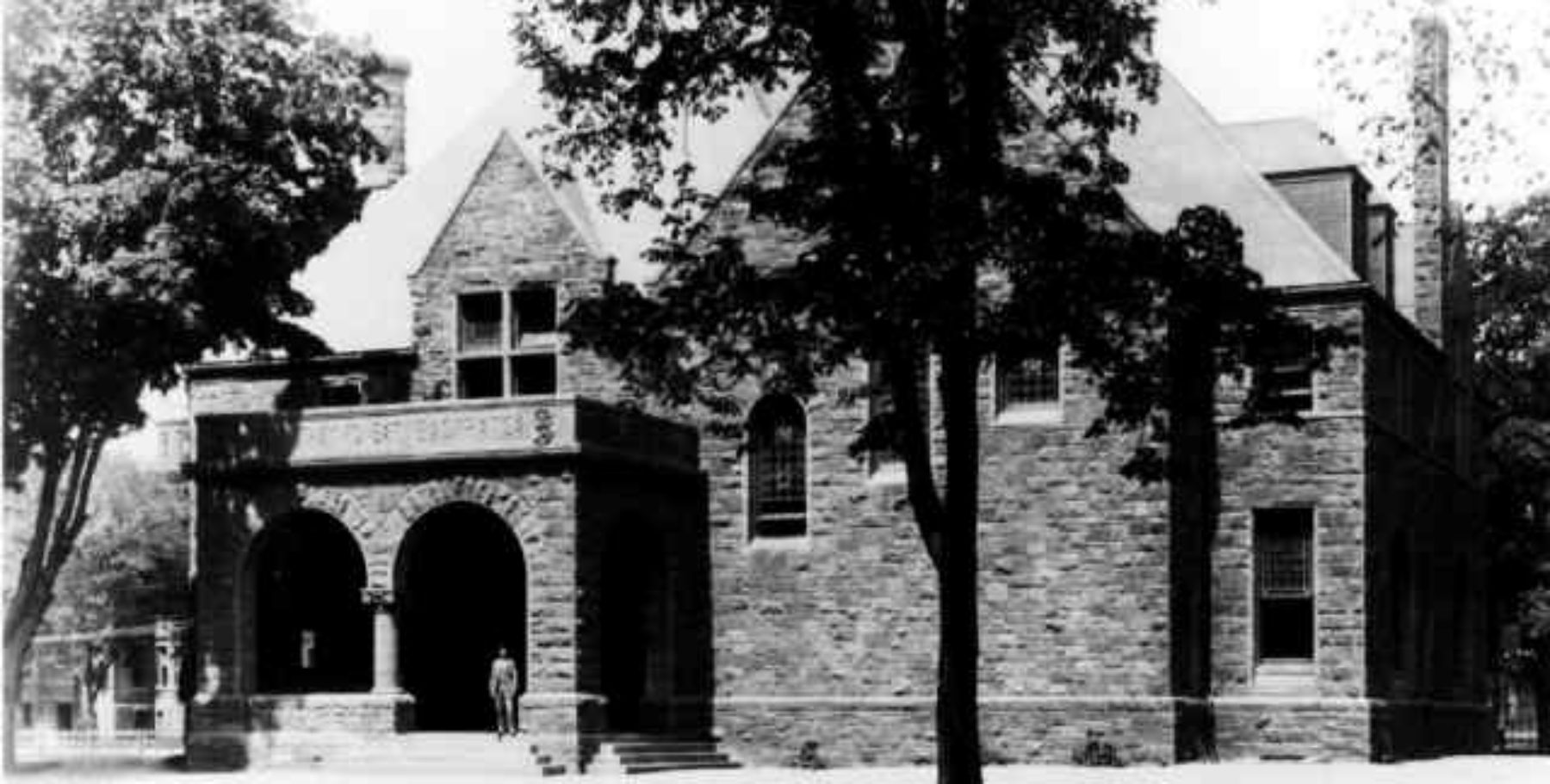Medical School Migraine
“Who then is the man that fears the Lord? He will instruct him in the way chosen for him” Psalm 25:12.
As college students, we know selecting a major or future profession will affect our life’s course. God says He has a “chosen way” for each person, much like a father would have in mind a course best suited for his child.
Many people would regard the idea of God having a specific plan for our lives as very confining. “Does that mean I have no freedom to choose what I want to do?” God definitely gives us the right to choose but he desires that we freely choose Him and walk where he would have us go.
Ever since high school, I thought I would become a doctor because 1) Biology was my favorite class and medicine seemed the best use of it, 2) I was pretty skillful with my hands, good for neurosurgery, and 3) I enjoyed helping people. My parents and I would talk about possible professions, but after batting around ideas such as learning computers or becoming an accountant, we always settled on medicine as the best choice.
If this was to be my lot in life, I was grateful to have the skills and temperament a good doctor needs. I was also comfortable with entering what anybody would consider a worthwhile profession.
“For I know the plans I have for you. Plans for good and not for evil, to give you a hope and a future.” Jeremiah 29
I became a Christian a few weeks before arriving at Yale, but believing in Jesus didn’t yet bear on my career choice. I stepped onto the pre-med track: freshman chemistry, sophomore orgo, physics, and labs. I chose Molecular Biophysics and Biochemistry (MB&B) as my major since its prerequisites fulfilled medical school requirements and would fortify me to take the Medical College Admission Test (MCAT).
During my junior year, I began to wonder whether being a doctor was “for me”. Cramming the last minute for science tests was beginning to frustrate me—I was gulping heaps of information only to regurgitate it onto 7 sheets of paper. So little of the science I was exposed to was really integrated into my life.
As I learned more about medical school and about its huge time commitment, I began to question my reasons for going there The thought of studying seven more years—cramming information about parts of the body or the symptoms of various infectious diseases weighed on my heart.
I was a science major but was fairly certain that I didn’t want to work in a laboratory.. I even considered special paramedic programs in the Army that would teach me all the practical medical skills that I wanted to know within one or two years. I didn’t think my parents would approve of this alternative, but the question remained in my heart, “what would I do if I didn’t go to med school?”
I spent much time wondering about God’s plans for my life. Did it include becoming a doctor? How would I know what He wanted me to be? Had I decided on medical school simply because it was the most practical route? I began to seek God earnestly about His plan for my life.
During the second semester of my junior year I read an Old Testament passage that spoke directly to my situation: Here the Assyrian armies had surrounded the city of Jerusalem, the last refuge for Judah’s citizen’s who were on the verge of being conquered.
As the Israelite soldiers on the city walls stood guard, the Assyrian commander offered them a treacherous deal: “Do not let Hezekiah (your king) persuade you to trust in the LORD when he says, ‘The LORD will surely deliver [Jerusalem]”…[Consider] what the king of Assyria says: Make peace with me and come out to me. Then every one of you will eat from his own vine and fig tree and drink water from his own cistern, until I come and take you to a land like your own, a land of grain and new wine, a land of bread and vineyards, a land of olive trees and honey. Choose life and not death!” (2 Kings 18)
Like the Judeans, I felt backed into a corner, with medical school as my only plausible way out. The things medicine offered—the satisfaction of helping others, respectability, the hope of making my parents happy (the modernized version of vines, fig trees, and grain) seemed like good things. I couldn’t be faulted for wanting them just as the Judeans couldn’t be faulted for wanting the water or food the Assyrians promised during a time of starvation caused by the siege.
The king of Assyria said, “Choose life not death.” But the Bible states “the Lord is your life” (Deuteronomy 30). Medical school was a comfortable, secure option in this world, but I realized that choosing medical school would be choosing my own way of obtaining security instead of relying upon the Lord..
It would be like the Judeans making peace with the king of Assyria to get the wells, vines, and grain, instead of trusting in the Lord, who could provide those things and much more.
I decided not to go to medical school and to trust God with my future. I had my own narrow ideas for my life as a doctor but God isn’t narrow. He has something much broader, something best suited for His purposes and eternal kingdom.
The way is narrow in that you have to stick closely to one person—Jesus Christ, the Savior. I may no longer have a career path that is directly laid out before me but the Lord simply asks that I go where He goes because He really is my life.
“For I know the plans I have for you. Plans for good and not for evil, to give you a hope and a future.” Jeremiah 29
Yuna Lee, Saybrook ‘94

